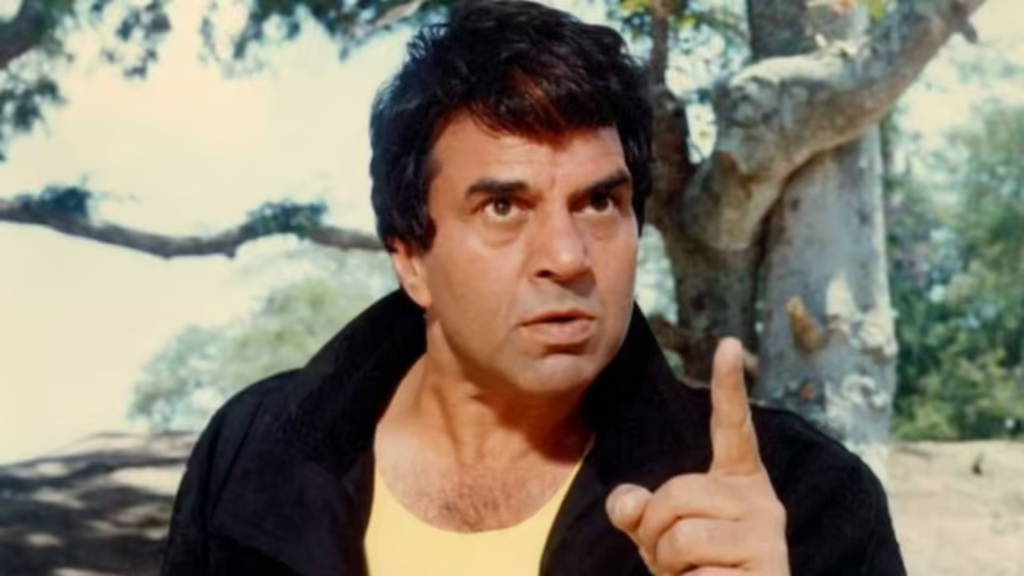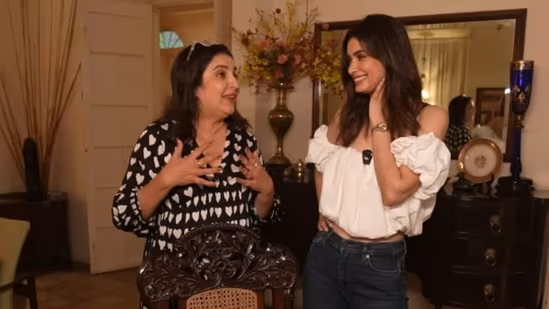Now Reading: Lakshmi Manchu Questions Ban on Pakistani Actors Amid Growing India-Pak Cultural Debate
-
01
Lakshmi Manchu Questions Ban on Pakistani Actors Amid Growing India-Pak Cultural Debate
Lakshmi Manchu Questions Ban on Pakistani Actors Amid Growing India-Pak Cultural Debate

Actor and producer Lakshmi Manchu has stirred conversation in the film industry by questioning the ongoing unofficial ban on Pakistani actors working in India. Speaking during a recent media interaction, she expressed admiration for artists like Fawad Khan and Hania Aamir, and pointedly asked why such talent shouldn’t be allowed to collaborate with Indian cinema, especially when cultural boundaries continue to blur globally.
The Controversial Ban and Its Background
Since 2016, following the Uri terror attack, Pakistani actors have been largely absent from Indian films and television. While there is no formal legal restriction, the film industry has, under political and social pressure, refrained from casting Pakistani talent. Popular names like Fawad Khan, Mahira Khan, and Sajal Aly have seen their careers in India abruptly halted, despite earlier success.
The matter reignites every time a cross-border artist trends or collaborates digitally with Indian content.
Lakshmi’s Take on the Matter
Lakshmi Manchu, known for voicing socially relevant views, argued that art should not be confined by politics. She emphasized that audiences in both India and Pakistan appreciate each other’s cinema, music, and television. Mentioning Fawad Khan’s popularity and Hania Aamir’s growing fame, she urged both industries to focus on talent and storytelling, not national boundaries.
She also highlighted the irony of consuming Pakistani content online while refusing to work with those very artists in films.
Reactions from the Film Industry
Her remarks have sparked mixed reactions. While some in the creative community support the idea of art beyond borders, others insist that national sentiment must take precedence. With the wounds of past conflicts still fresh for many, the topic remains highly sensitive, especially in public forums.
Still, there is a visible shift among younger audiences—especially from Tier 2 cities like Ludhiana, Jaipur, and Nagpur—who now engage with global and regional content freely through OTT platforms, regardless of origin.
A Generational Shift in Viewership
Streaming platforms have allowed Indian viewers, especially in semi-urban towns, to access a wide range of Pakistani dramas, short films, and music. Social media platforms also play a big role in bridging the cultural gap, with actors and creators from both nations frequently going viral on Instagram and YouTube.
This growing exchange suggests a change in how younger Indians view cross-border collaborations—not as a political statement, but as an opportunity for richer storytelling.
Conclusion
Lakshmi Manchu’s comments bring the focus back to an ongoing and complex debate—can art exist beyond politics? While sentiments remain divided, her statement adds weight to a rising call for creative freedom and collaboration. For India’s new generation of content consumers, especially in Tier 2 cities, the desire seems clear: talent and stories should be celebrated, no matter which side of the border they come from.

























